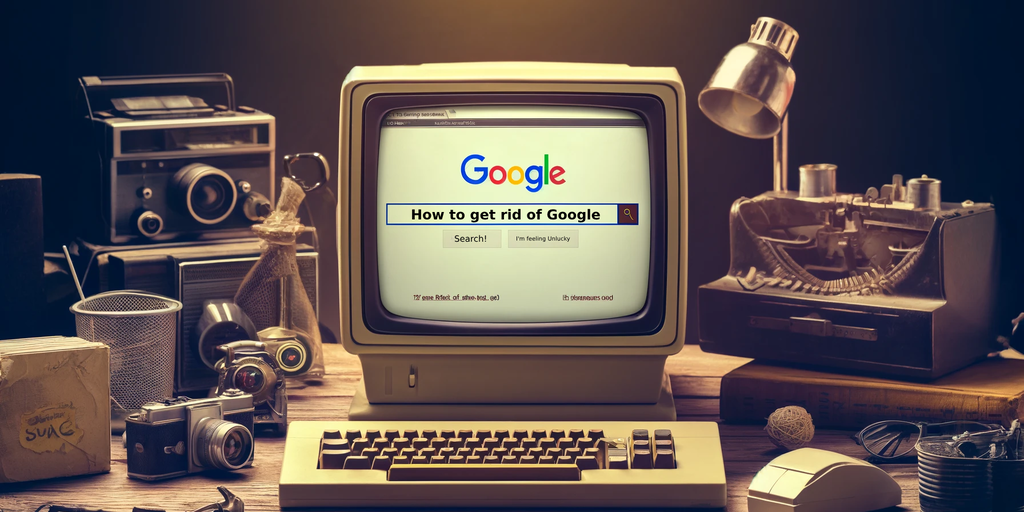Google has unveiled Willow, its latest quantum computing chip, claiming it can perform tasks that normally take the fastest supercomputers an unthinkable amount of time, in just under five minutes.
The tech giant’s announcement comes as the race to bring quantum computers to market heats up, with companies including IBM, Microsoft, Amazon, and Nvidia investing billions into the next-gen technology. Google says that Willow can significantly reduce errors or disruptions at the quantum level during computations as more qubits are used in real-time.
“Errors are one of the greatest challenges in quantum computing since qubits, the units of computation in quantum computers, have a tendency to rapidly exchange information with their environment, making it difficult to protect the information needed to complete a computation,” Google Quantum AI founder and lead Hartmut Neven said in a statement. “Typically, the more qubits you use, the more errors will occur, and the system becomes classical,” meaning that the system losses its quantum properties like superposition and entanglement, often due to quantum noise.
By addressing this major challenge in quantum error correction, Google aims to make quantum computers reliable and practical enough to use in a production environment.
Long heralded as the next massive technological breakthrough, quantum computers will supposedly be able to better address problems ranging from climate modeling to discovering new drugs and understanding string theory. Quantum computers will also be able to break commonly used encryption schemes, such as RSA, and as such, are considered a potential threat to blockchain-based systems.
“Error correction is huge for quantum computing in general, and the thing that’s correcting error for them is coherence time; they’re able to make their qubits live longer,” Director of Quantum Enterprise Development at Classiq, Dr. Erik Garcell, told Decrypt. “They’re not adding up as much noise as you do computations, and this is a really good improvement for superconducting qubits.”
What is a Quantum Computer
Unlike classical computers that process data using bits (0s and 1s), quantum computers use qubits, which can exist in a state of superposition—representing 0, 1, or both simultaneously. This unique property allows quantum computers to perform multiple computations at once and explore numerous possibilities much faster than traditional silicon-based computing.
Entanglement links qubits so that their states are interconnected, allowing quantum computers to solve problems classical ones cannot.
Business Implications of Quantum Computing
Google’s advancements with Willow are not just theoretical, Garcell said. They are setting the stage for quantum computers to enter the business world within the next few years.
“Google’s advancement in quantum computing with Willow puts the likelihood of companies using quantum computers for business in the next two to three years,” Dr. Garcell said. “This advancement that Google’s putting out there definitely sped up my personal view of when quantum will start bringing value to companies. People are already investigating how to put these machines next to their high-performance computers.”
Google tested Willow against the Random Circuit Sampling benchmark, a test developed by Google’s Quantum AI division in 2019. This benchmark measures the performance of a quantum computer against a classical computer. While Willow’s success demonstrates significant progress, Google acknowledges that the next challenge is proving a “useful, beyond-classical” computation relevant to real-world applications.
“What’s really going to matter is when it starts making people money,” Garcell said. “People are going to figure out, does it make more sense to use a classical computer or a quantum computer? And that’s really the benchmark that we’ll be using at the end of the day.”
Edited by Josh Quittner and Sebastian Sinclair

